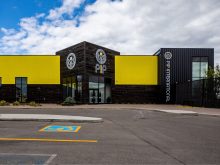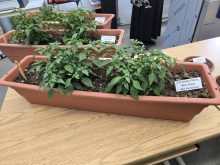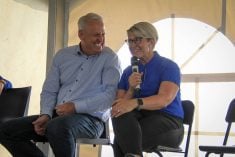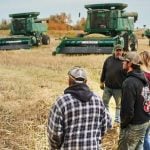Hoisting the large trophy into the air, Saskatchewan’s newest Outstanding Young Farmer quipped that it was too bad it didn’t include a cup so that he could drink champagne from it.
Pulse grower Darren Watson of Avonlea was selected over three other nominated couples during the Western Canada Farm Progress Show in Regina last week.
He will compete at the national event in Halifax in November.
The 31-year-old recently engaged farmer said it was likely his unique business model that gave him the edge over the other nominees.
Read Also
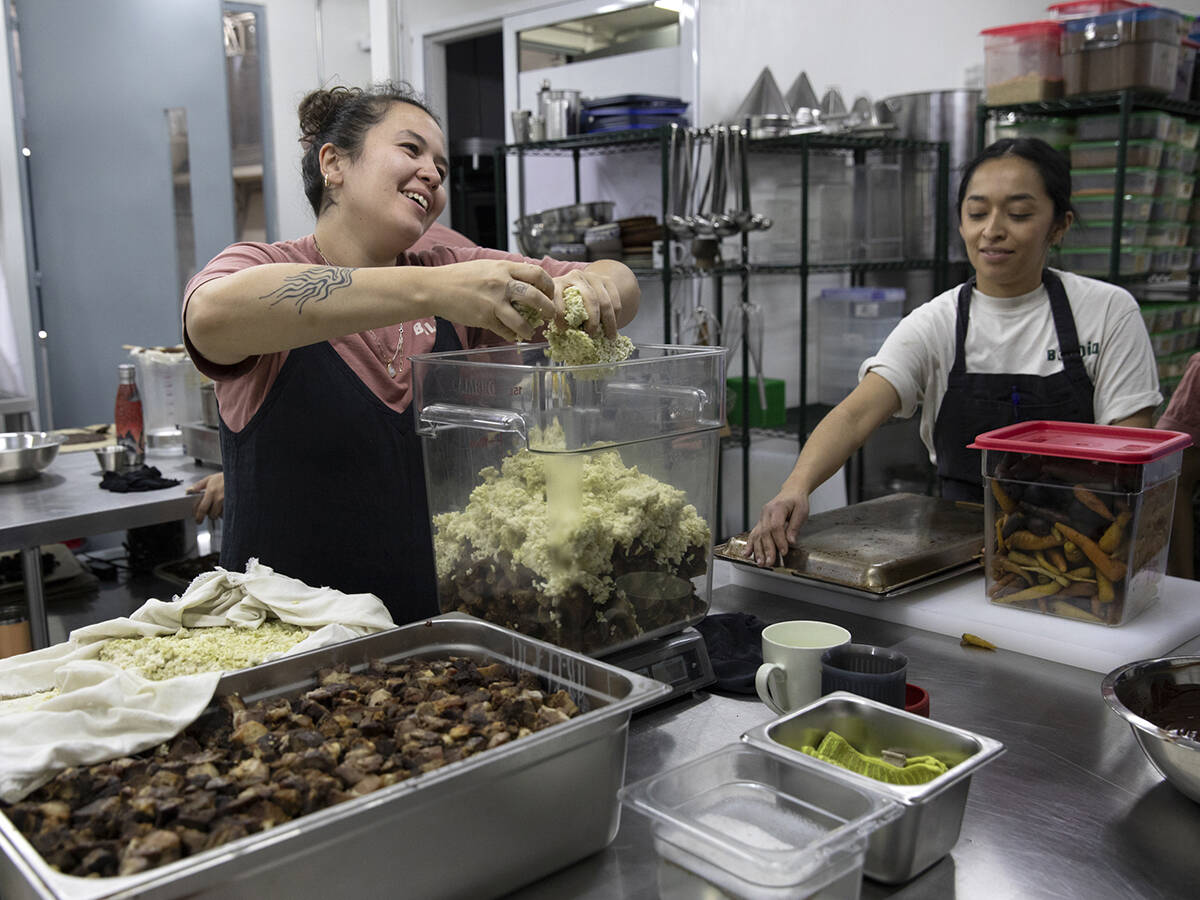
Restaurant blends zero waste, ancient farming
A Mexico City restaurant has become a draw for its zero-waste kitchen, which means that every scrap of food and leftovers is reused for other purposes.
Watson Agriculture Corp. specializes in pulse production on 4,800 rented acres in the Avonlea and Wilcox areas. The landowners he works with specialize in cereals, mainly durum wheat.
Watson grows only pulses, including lentils, chickpeas and marrowfat peas on different parcels of land every year.
The arrangement allows the landowners the benefits of pulse production without the investment in equipment or technical expertise. It also allowed Watson to start farming in 1997 with little capital.
“All I had to my name was a rusty old pick-up truck,” he said. “I own no property.”
He operated a custom spraying business for five years after obtaining a commerce degree and a master of business administration from the University of Saskatchewan, until it became too complicated to do that and farm.
His company operates with Nova Lea Farms Ltd., owned by his parents Ron and Carol Watson, under a joint plan known as Rhino Ag. Corp. The joint company owns the machinery and pays the bills.
Watson said the model is all about adding value for everyone and making money. He admitted that one of its weaknesses is volatility.
“That’s also one of the strengths. I couldn’t run an efficient farm with the money I have.”
He doesn’t rule out owning land some day or changing the model.
“There’s a lot of different ways to invent the wheel,” he said.
The other nominees were: Alison and Bridgette Halland, who have a grain farm and woodlot at Love; Randy and Jerri Hoback of Canwood, who grow grain, operate a custom spraying and trucking business, and recently purchased part of a feedlot; and David and Cherilyn Nagel, who have a grain farm and outfitting business at Mossbank.






